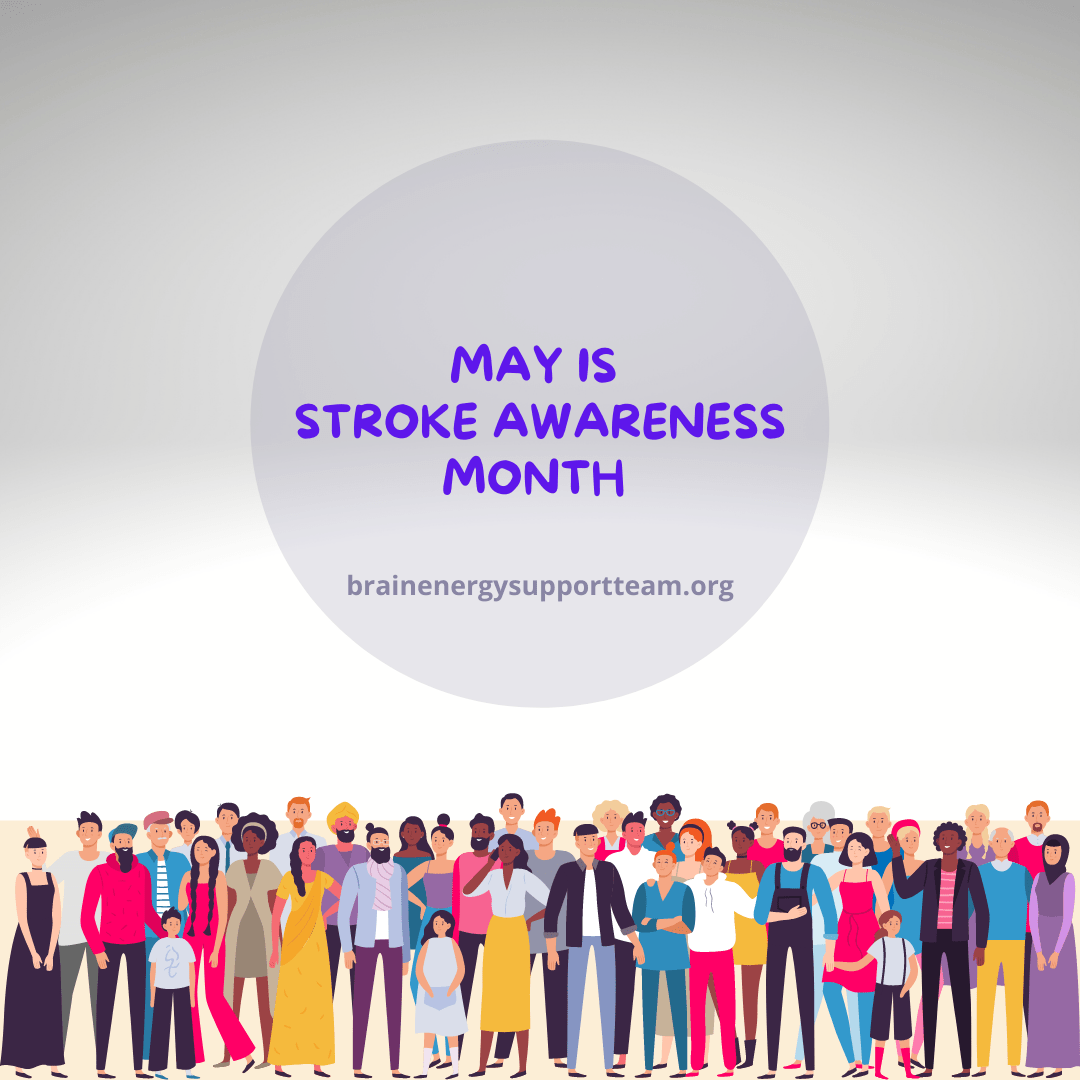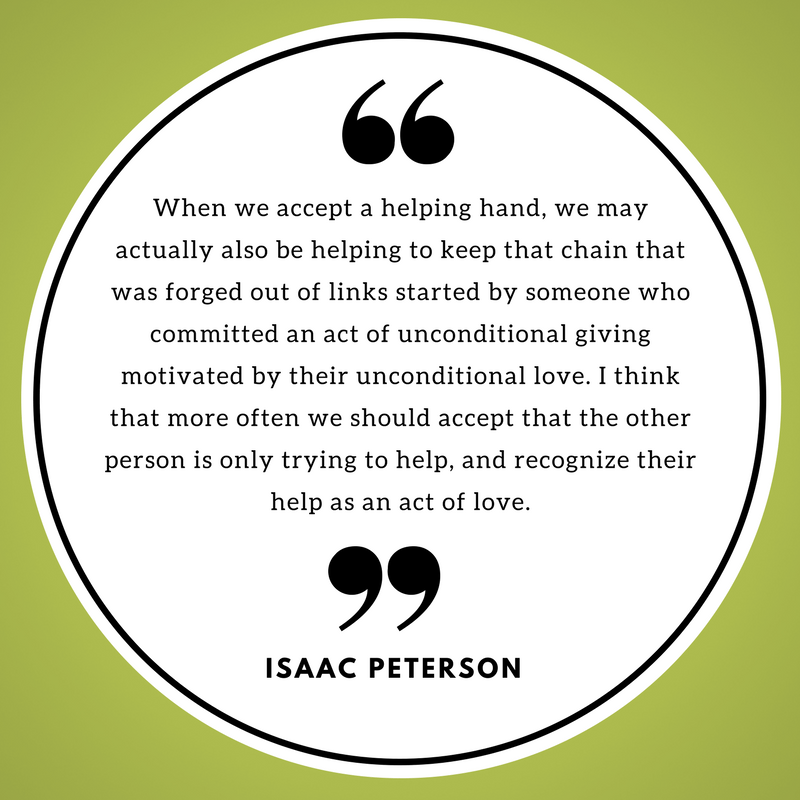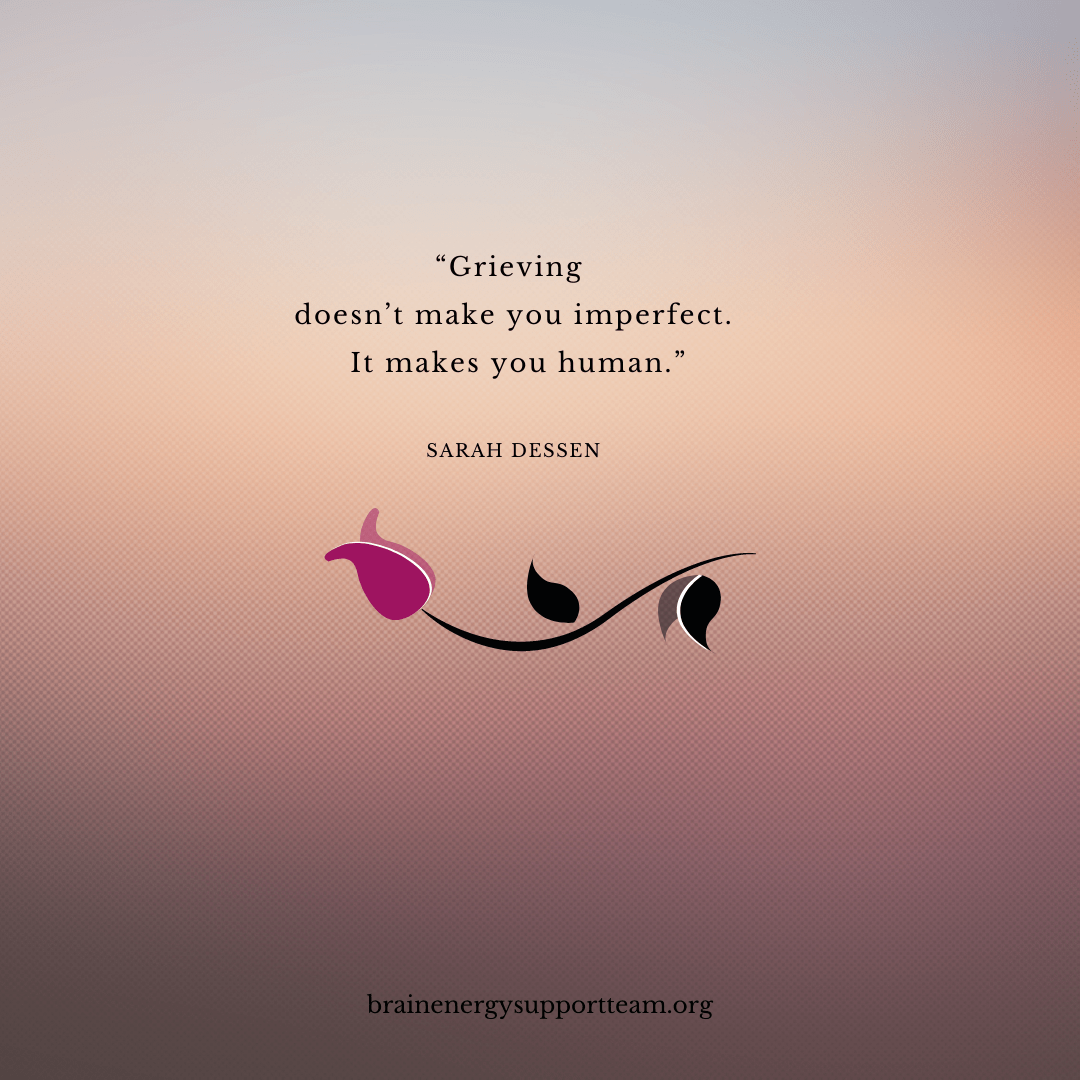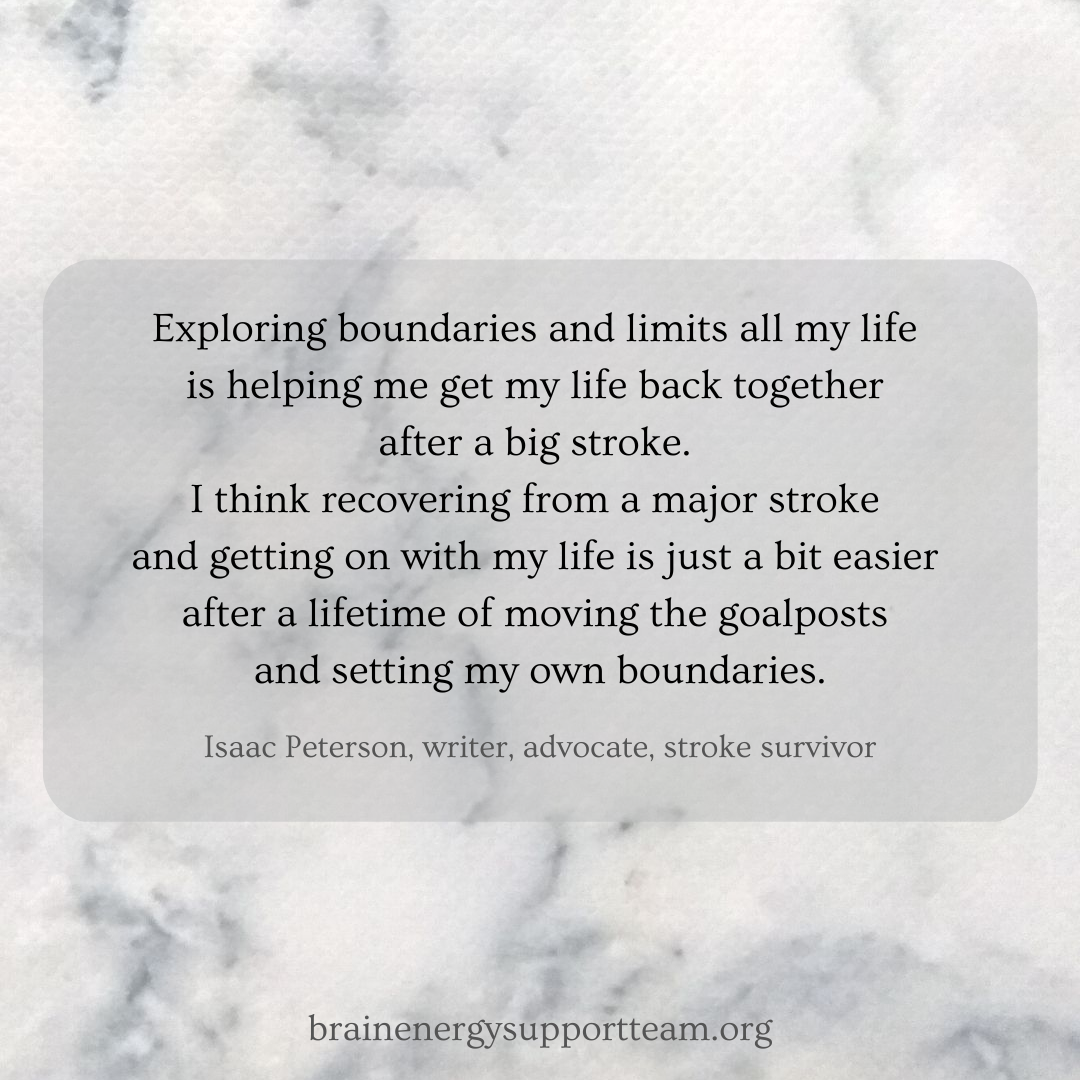We’ve talked about ambiguous grief. Now it’s time to talk about another kind of related grief: anticipatory grief.
Anticipatory grief is what we feel when someone is alive, but their death is impending and expected, like with terminal cancer patients. It might not be known exactly when the death will occur, but the upcoming death is certain and anticipated.
It’s a particularly tough kind of grief to go through, watching someone slip away and knowing there isn’t anything that can be done. It’s experiencing grief over the loss in advance. The feeling of helplessness can be overwhelming and very difficult to resolve, particularly for family, friends and caregivers.
This kind of grief can make closure more difficult than other kinds of losses. Although the upcoming death is expected, the actual death is still devastating. We may experience grieving in advance, but it’s often not possible to feel a sense of closure in advance, so the grief we feel can be extended over a very long period.
Denial, anger, difficulty controlling emotions and depression are some of the things people with anticipatory grief can experience, as their loved one may not resemble the one they love.
The emotion can be made more intense when or if other people unconnected with the loved can’t or won’t connect with the feelings of the grieved. Oftentimes, someone who has never been in the place of someone experiencing anticipatory grief can shut out or not acknowledge the intensity of the emotions involved. Sometimes others will try to tell you what to do or how you should feel, and that can lead to additional hurt and anger, in a time when emotional support and understanding are most important. Some people simply shut down and withdraw into their own grief.
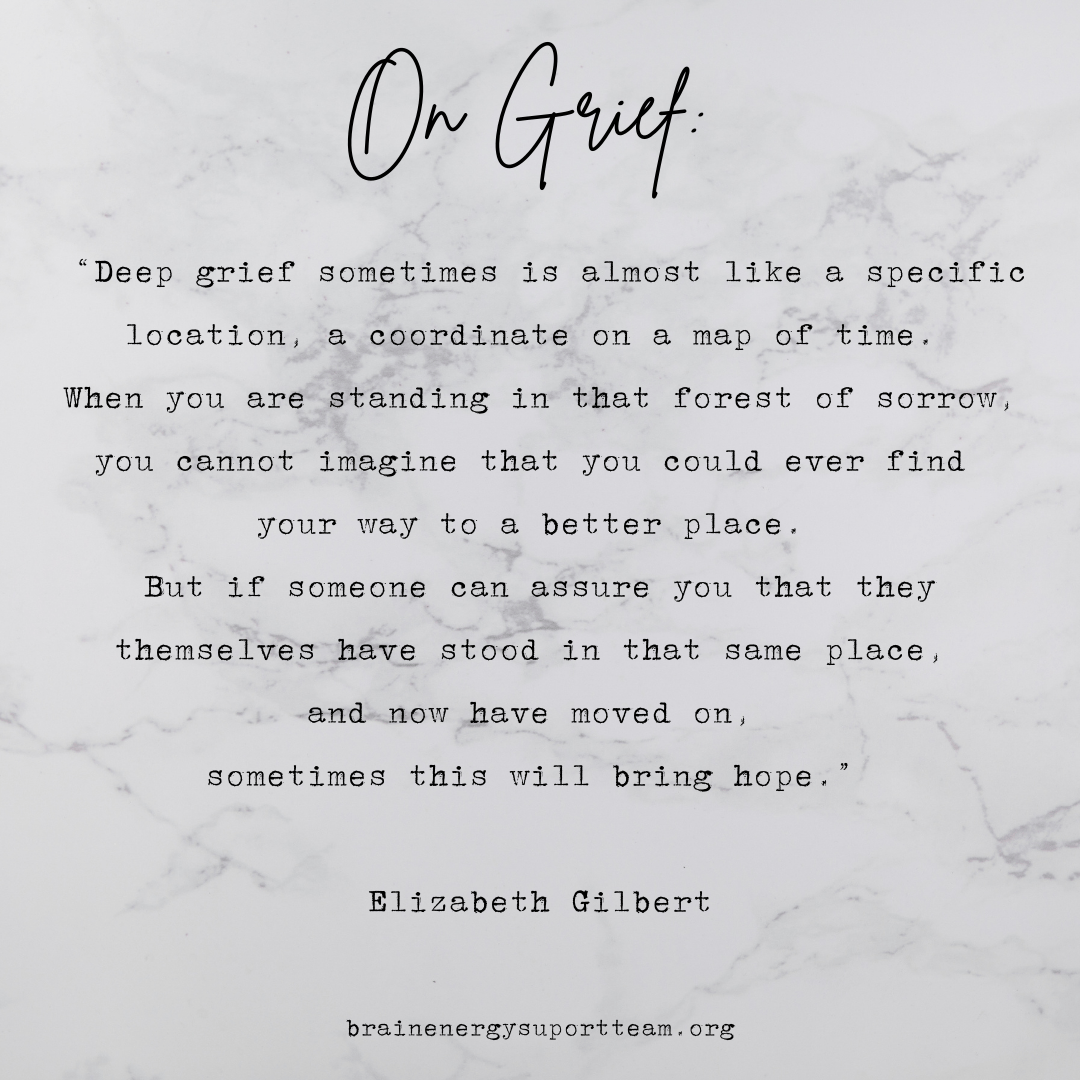 What can be done to make anticipatory grief manageable, both for the soon to be departed, and for someone who is grieving the upcoming loss?
What can be done to make anticipatory grief manageable, both for the soon to be departed, and for someone who is grieving the upcoming loss?
No one can or should tell you how to grieve, and I would be the last one to try, but I can offer suggestions on managing your grief:
- Keep a journal. Write down your thoughts and feelings about your loved one. Doing that might help you acknowledge your emotions and explore them, especially if you have no one available to talk with.
- All the things you always wanted to say to your loved one—now might be a good time to get them said. This will help you avoid any future feelings of regret, if only I had told him/her while he/she was still here to hear it….
- If there is something your loved one always wanted to do but never did, if it’s in your power, help them do it. Be that person’s own private Make A Wish Foundation, as much as possible, and with others who are grieving, if necessary.
- If there is any unfinished business between the two of you, try to get it finished while there is still time. Make amends if necessary.
You get the idea.
Here is something a group of us did once to cope with our shared anticipatory grief.
A dear lady named Evelyn had a recurrence of the cancer that had been in remission. It was in the end stages and was untreatable.
Evelyn had been a tireless, outspoken advocate and activist for the community in which she had lived her entire life. She had touched many lives.
Everyone thought it would be a good thing to let her know she would always be loved and remembered. But there were so many people grieving, how would each of us have an opportunity to express our grief and love for her?
Someone had the idea of holding a memorial service for her while she was still with us. We decided to hold it at a community center she frequented.
We told her there was a meeting being held there, knowing she would be there, no questions asked. Everyone arrived about an hour before the time we had told her, to set up and get things ready for the memorial, which was planned to be a potluck affair.
When Evelyn arrived, the evening began in the manner of a surprise party. As the evening progressed, we each stood at the front of the room and shared our grief. We told her how she would be missed, how irreplaceable she would be, remembrances of good occasions, and a litany of her many successes.
There was laughter interspersed among the tears and the shared grief.
I hope Evelyn left us with the knowledge her life had a purpose and that it had been a life worth living.
Sending her off that way also helped everyone manage both their own personal grief as well as our shared grief.
Obviously there is no one right way to grieve.
Find the way that works best for you; follow your heart and you will find the way that works best for you and for your loved one.
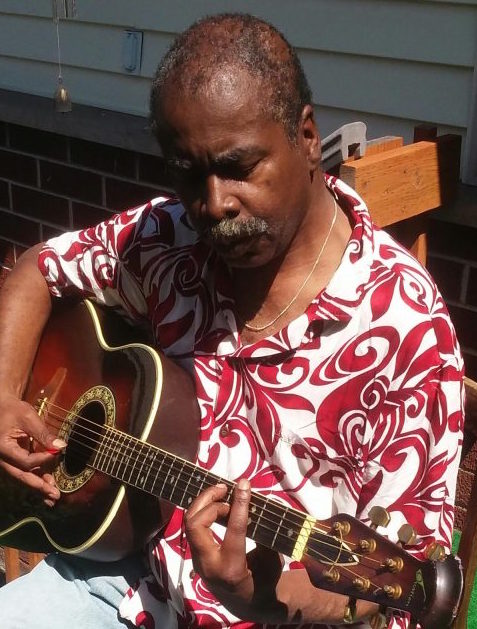 | Isaac Peterson grew up on an Air Force base near Cheyenne, Wyoming. After graduating from the University of Wyoming, he embarked on a career as an award-winning investigative journalist and as a semi-professional musician in the Twin Cities, the place he called home on and off for 35 years. He doesn’t mind it at all if someone offers to pick up his restaurant tab and, also, welcomes reader comments. Email him at isaac3rd@gmail.com. Read more articles by Isaac here; https://www.brainenergysupportteam.org/archives/tag/isaac-peterson |
|---|

